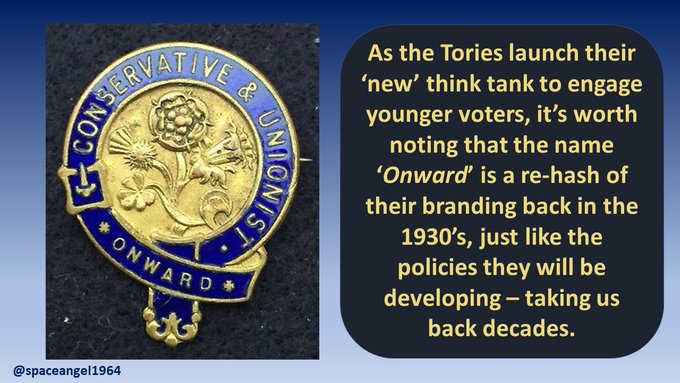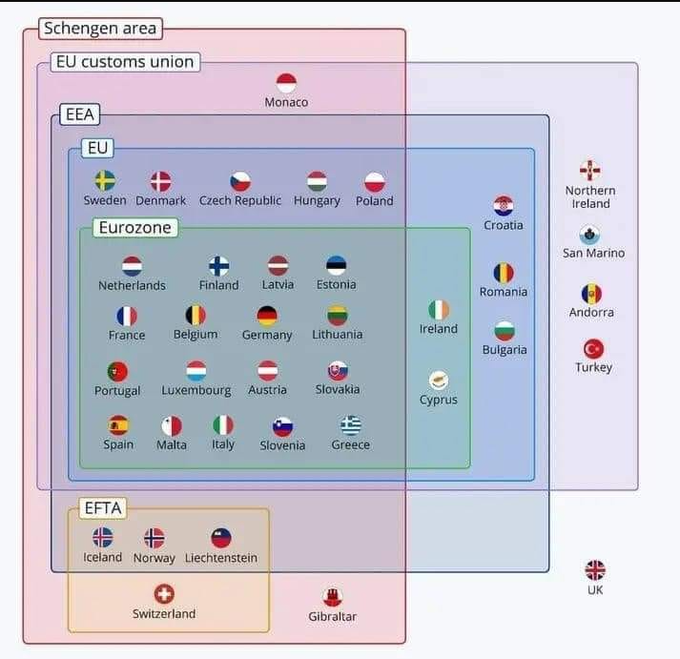
THREAD
#Austerity isn't an 'economic necessity', it's a cruel political choice.
Austerity policies since 2010 haven't been substantially reversed or retracted in recent years. In fact, they've often been levelled at the most marginalised social groups.
theconversation.com/austerity-has-…
#Austerity isn't an 'economic necessity', it's a cruel political choice.
Austerity policies since 2010 haven't been substantially reversed or retracted in recent years. In fact, they've often been levelled at the most marginalised social groups.
theconversation.com/austerity-has-…
In 2019, cuts in total expenditure on welfare & benefit payments alone were expected to total £37 billion a year by 2020. Millions are struggling with the #CostOfLivingCrises, & a further £28 billion of cuts to public funding were announced in the Govt’s November 2022 budget. 

Perpetual cumulative cuts to welfare, education, social & healthcare services have caused 330,000 deaths & shape daily lives & social relationships. The effects continue, across time & generations, worsening existing inequalities relating to gender, race, class, age & disability. 

In the UK, this started with #neoliberalism & the early dismantling of the welfare state alongside diminished investment in deprived & post-industrial areas from the 1980s onwards. These programmes have entrenched inequality in certain regions of the UK.
theconversation.com/three-charts-t…
theconversation.com/three-charts-t…
The UK is already the second-most unequal G7 country after the US. A combination of higher inflation & economic inactivity, & lower disposable incomes & employment rates are set to make inequality in the UK worse, with left-behind areas feeling the brunt.
newstatesman.com/chart-of-the-d…
newstatesman.com/chart-of-the-d…
#Austerity arose from the recession following the global financial crisis, which wasn't caused by ordinary people affected most by austerity cuts, but by Government underregulation of the financial sector which encouraged irresponsible risk-taking incentivised by massive bonuses. 

Austerity is more deeply embedded in certain parts of the country. Even if cuts were reversed today, the long-term effects for millions may continue for generations. Economic policies should be implemented alongside forecasts of what their effects will be for future generations. 

How did we get here?
https://twitter.com/docrussjackson/status/1589924955143434240?s=20&t=cAXc2y53FsGLJe1O7Zw4og
• • •
Missing some Tweet in this thread? You can try to
force a refresh






